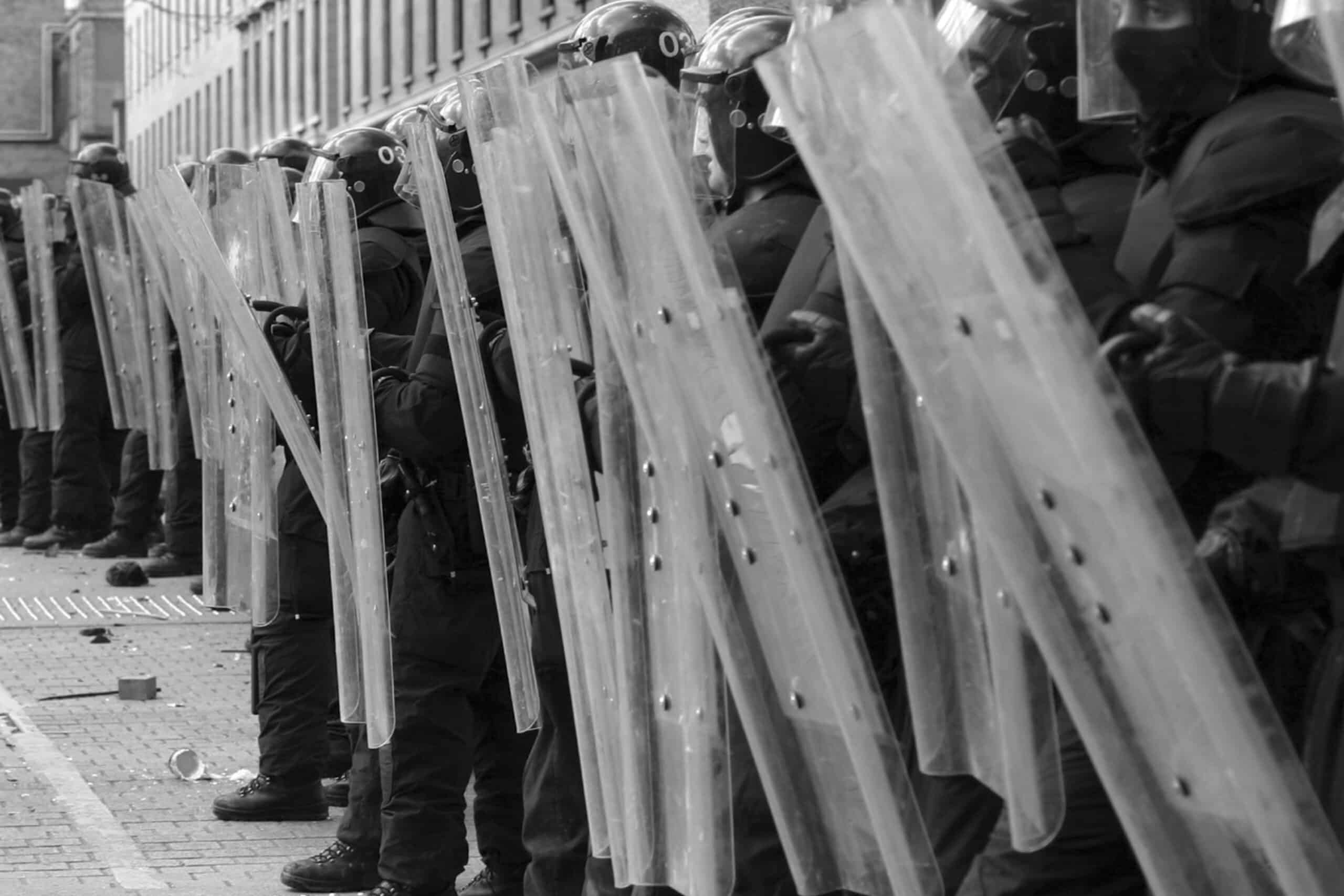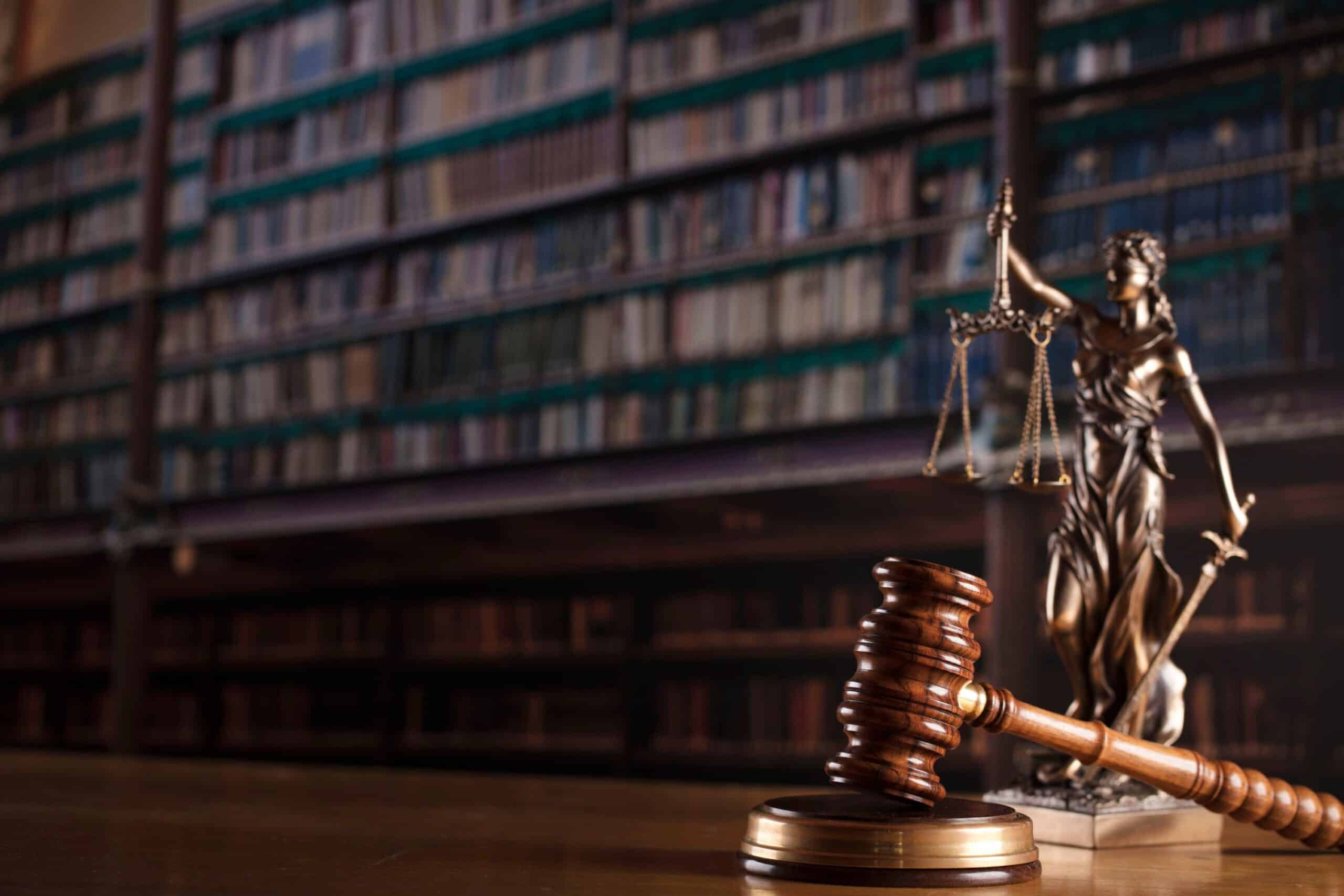Disorderly conduct is a broad term that encompasses a range of behaviors that disrupt public peace and order. In Minnesota, as in many other states, disorderly conduct laws are in place to maintain public safety and protect the well-being of communities. Understanding the boundaries of acceptable public behavior and the legal consequences of disorderly conduct is crucial to avoid potential legal issues.
Definition of Disorderly Conduct
Under Minnesota law, disorderly conduct refers to behaviors that have the potential to alarm, annoy, or disturb others in public. The law specifically outlines several categories of behavior that fall under disorderly conduct, including:
- Fighting or Brawling: Engaging in physical altercations or instigating fights in public spaces.
- Disturbing Meetings or Assemblies: Intentionally disrupting lawful meetings, gatherings, or assemblies by using offensive language, engaging in violent behavior, or creating loud noises.
- Offensive, Abusive, or Obscene Language: Uttering offensive, abusive, or obscene language in a public place, intending to incite others or provoke a violent reaction.
- Unreasonable Noise: Making excessive noise that disturbs the peace and tranquility of a neighborhood or public area, such as loud parties, blasting music, or operating noisy equipment during prohibited hours.
- Disrupting Transportation: Interfering with the normal operation of transportation systems, including obstructing traffic, refusing to pay fares, or creating hazards that endanger public safety.
Consequences of Disorderly Conduct
In Minnesota, disorderly conduct is considered a misdemeanor offense. If convicted, individuals may face legal consequences that can vary depending on the circumstances of the incident and any prior criminal history. The potential consequences include:
- Criminal Record: A disorderly conduct conviction can result in a permanent criminal record, which can have far-reaching implications for employment prospects, housing applications, and other areas of life.
- Fines: Violations of disorderly conduct laws can lead to monetary penalties. The fines can vary, but typically range from several hundred to several thousand dollars.
- Probation: In some cases, the court may impose probation as part of the sentence. This involves regular check-ins with a probation officer and adherence to specific conditions, such as attending counseling or refraining from certain activities.
- Jail Time: While disorderly conduct is typically classified as a misdemeanor, in certain circumstances, it can be elevated to a gross misdemeanor or even a felony. This can result in more severe penalties, including the possibility of incarceration.
Understanding Your Rights and Defenses
If you have been charged with disorderly conduct in Minnesota, it is crucial to understand your rights and explore potential defenses. Consulting with an experienced criminal defense attorney can provide invaluable guidance and support throughout the legal process.
Some common defenses against disorderly conduct charges include:
- Freedom of Speech: If the behavior falls under protected speech or expression, it may be argued that the disorderly conduct charge violates an individual’s constitutional rights.
- Lack of Intent: In some cases, it may be argued that the alleged behavior was accidental or unintentional and there was no malicious intent to alarm, annoy, or disturb others.
- False Accusation: False accusations or mistaken identity can also be potential defenses against disorderly conduct charges. Building a strong defense often requires a thorough investigation, gathering evidence, and presenting a compelling case in court.
Disorderly conduct laws in Minnesota play an important role in maintaining public order and protecting the well-being of communities. Understanding the boundaries of acceptable public behavior is essential to avoid potential legal consequences associated with disorderly conduct.
Familiarizing yourself with Minnesota’s disorderly conduct laws and their definitions, you can make informed decisions about your behavior in public spaces. Engaging in physical altercations, using offensive language, causing unreasonable noise, or disturbing public gatherings can result in misdemeanor charges and various penalties, including fines, probation, and even jail time.
About the Author:
Christopher Keyser is an AV-Preeminent rated criminal and DWI defense attorney based in Minneapolis who is known for fighting aggressively for his clients and utilizing innovative tactics to get the most positive results. He has been featured in numerous media outlets due to the breadth and depth of his knowledge and has been named a Certified Specialist in Criminal Law by the Minnesota Bar Association. Mr. Keyser is Lead Counsel rated, and he has received recognition for his criminal law work from Avvo, Expertise, Super Lawyers, The National Trial Lawyers, and more.







